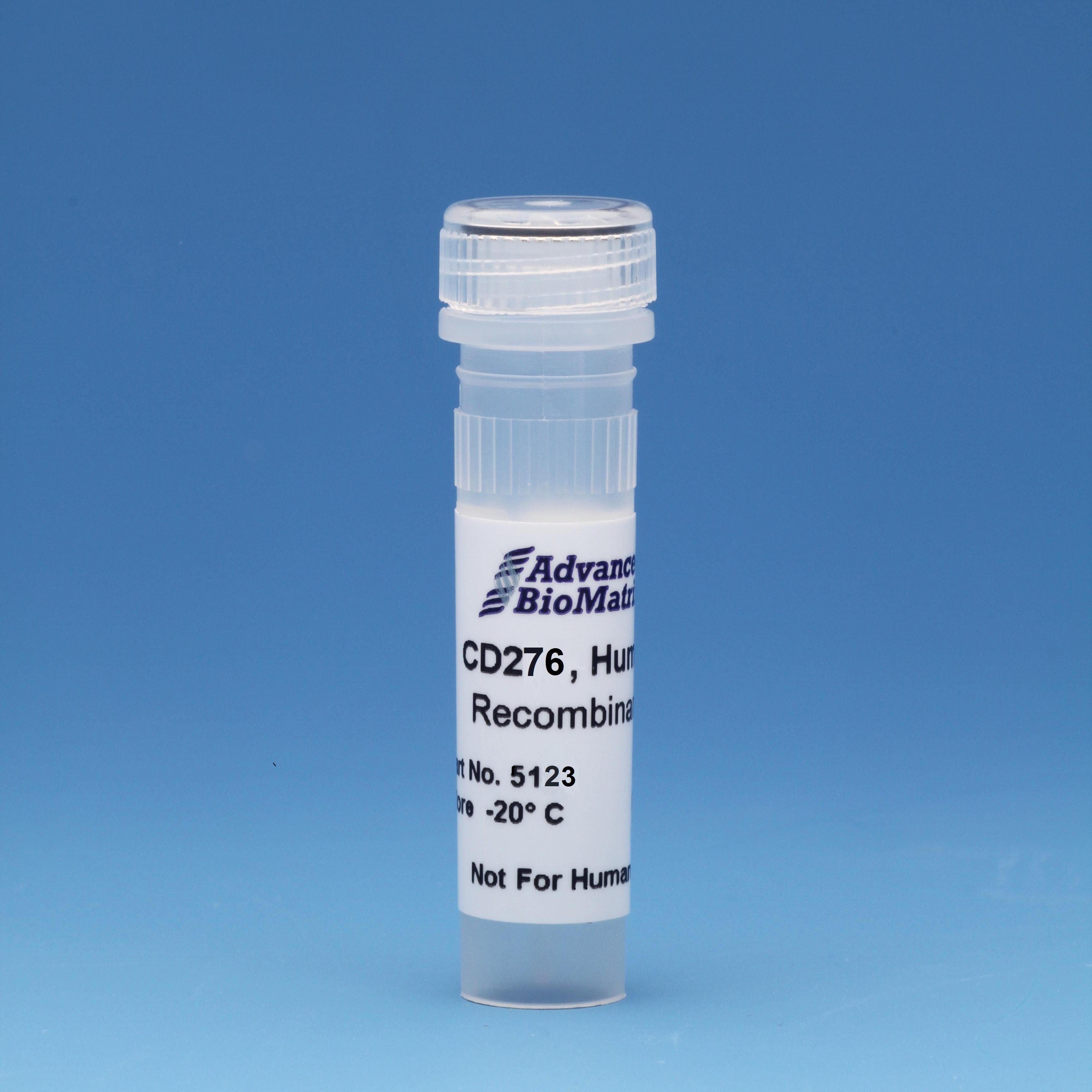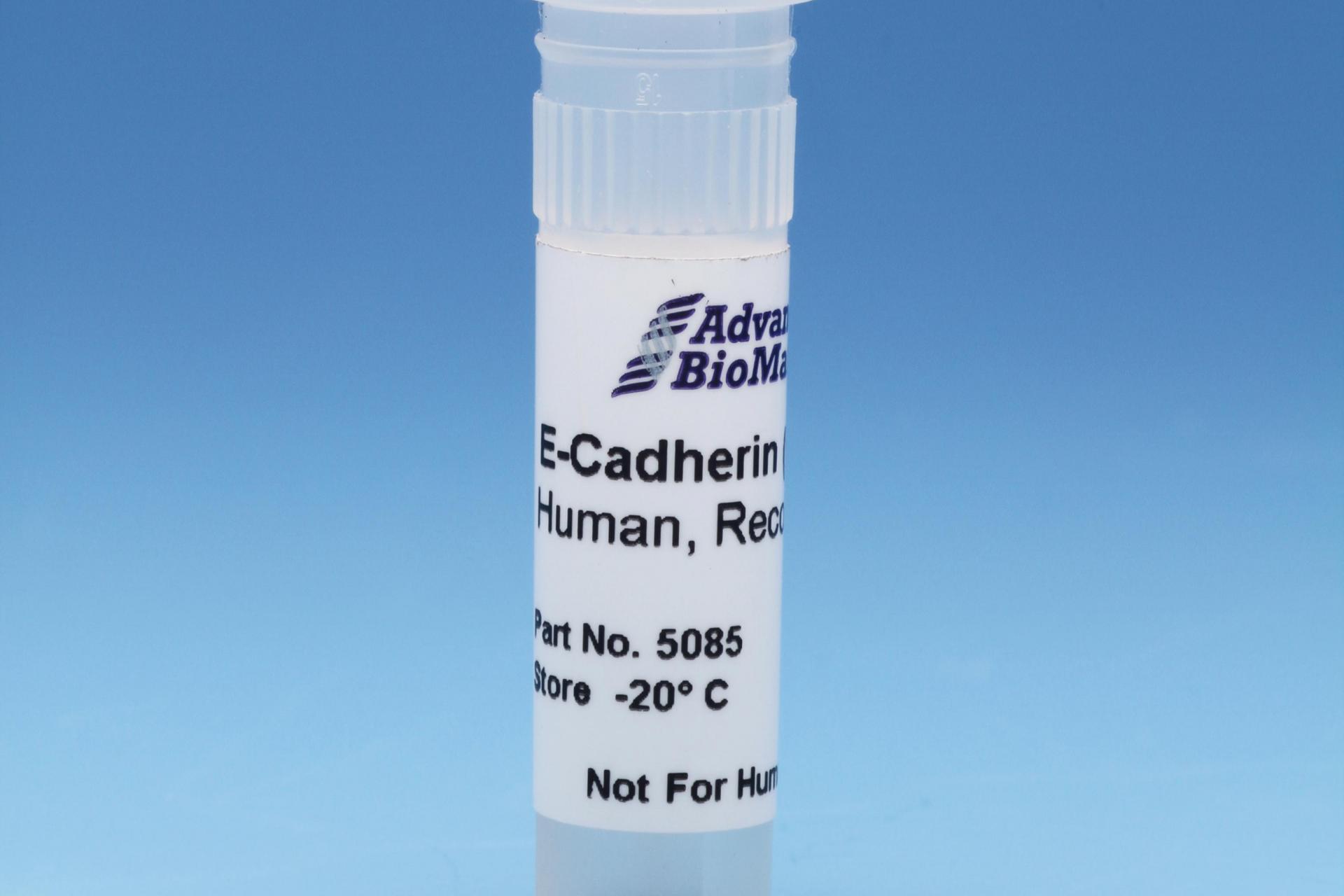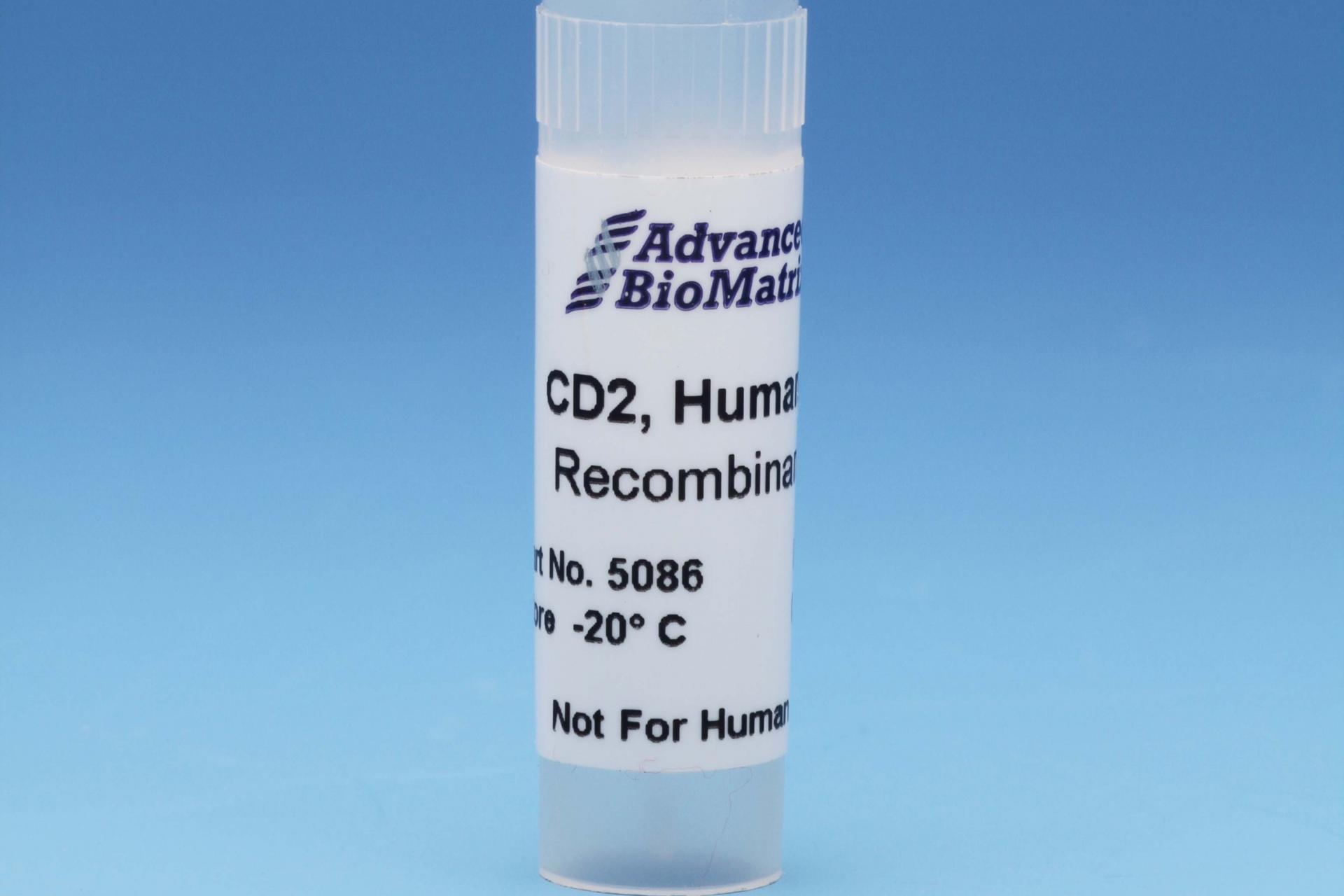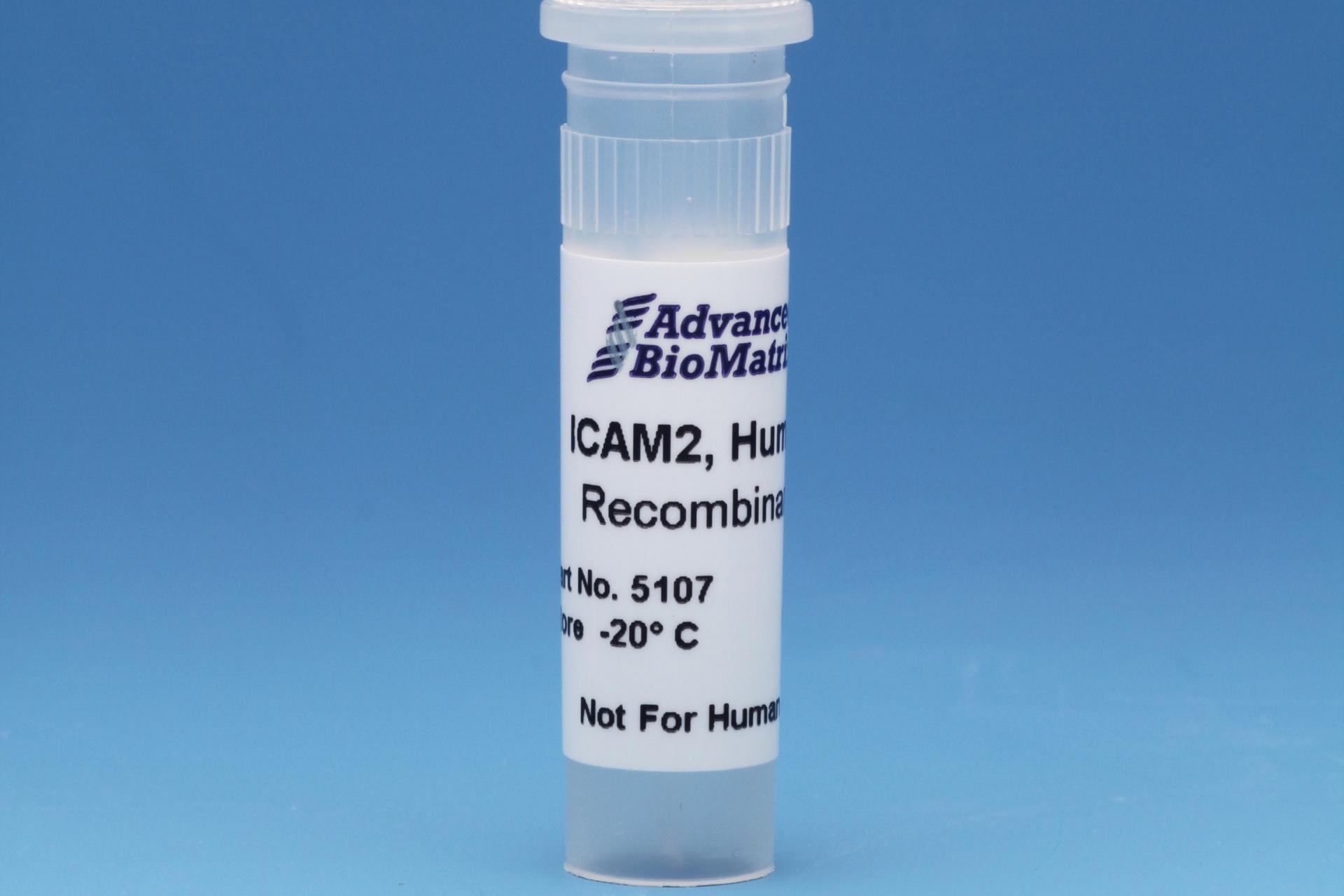-
Collagen
-
Type I - Atelocollagen
- PureCol® Solution, 3 mg/ml (bovine) #5005
- Nutragen® Solution, 6 mg/ml (bovine) #5010
- FibriCol® Solution, 10 mg/ml (bovine) #5133
- PureCol® EZ Gel, Solution, 5 mg/ml (bovine) #5074
- PureCol® Lyophilized, 15 mg (bovine) #5006
- VitroCol® Solution, 3 mg/ml (human) #5007
- VitroCol® Lyophilized, 15 mg (human) #5008
-
Type I - Telocollagen
- TeloCol®-3 Solution, 3 mg/ml (bovine) #5026
- TeloCol®-6 Solution, 6 mg/ml (bovine) #5225
- TeloCol®-10 Solution, 10 mg/ml (bovine) #5226
- RatCol® for 3D gels, Solution, 4 mg/ml (rat) #5153
- RatCol® High Concentration, Solution, 10 mg/ml (rat)
- RatCol® lyophilized, 100 mg (rat)
- RatCol® for Coatings, Solution, 4 mg/ml (rat) #5056
- Type I - Insoluble Collagen
- Type I - Bioinks
- Type II Collagen
- Type III Collagen
- Type IV Collagen
- Collagen Standard
- PureCol® Collagen Coated Plates
- Collagen Scaffolds
- Collagen Hybridizing Peptides
-
Type I - Atelocollagen
- Tunable Stiffness
- CytoSoft® Rigidity Plates
-
Bioprinting
- Support Slurry for FRESH Bioprinting
- Collagen Bioinks for Extrusion Bioprinting
- GelMA Bioinks for Extrusion Bioprinting
- Photoinitiators
- Bioinks and Components for DLP Bioprinting
- Bioink Components
- Methacrylated Collagen
- Methacrylated Gelatin
- Methacrylated Hyaluronic Acid
- Diacrylates
- Methacrylated Polysaccharides
-
3D Hydrogels
- Thermoreversible Hydrogel
- Silk Fibroin
-
Type I Collagen for 3D Hydrogels
- PureCol® Solution, 3 mg/ml (bovine) #5005
- Nutragen® Solution, 6 mg/ml (bovine) #5010
- FibriCol® Solution, 10 mg/ml (bovine) #5133
- PureCol® EZ Gel, Solution, 5 mg/ml (bovine) #5074
- VitroCol® Solution, 3 mg/ml (human) #5007
- TeloCol®-3 Solution, 3 mg/ml (bovine) #5026
- TeloCol®-6 Solution, 6 mg/ml (bovine) #5225
- TeloCol®-10 Solution, 10 mg/ml (bovine) #5226
- RatCol® for 3D gels, Solution, 4 mg/ml (rat) #5153
- HyStem® Thiolated Hyaluronic Acid
- Methacrylated Collagen
- Methacrylated Gelatin
- Methacrylated Hyaluronic Acid
- Diacrylates
- Collagen Sponges
- Methacrylated Polysaccharides
- Extracellular Matrices
- HyStem / Hyaluronic Acid
-
Adhesion Peptides / Proteins
-
Recombinant Adhesion Proteins
- CD2, 0.5 mg/ml #5086
- CDH3, 0.5 mg/ml #5124
- CDH13, 0.5 mg/ml #5125
- CD14, 0.5 mg/ml #5089
- CDH18, 0.5 mg/ml #5090
- CD40, 0.5 mg/ml #5093
- CD86, 0.5 mg/ml #5096
- CD164, 0.5 mg/ml #5100
- CD270, 0.5 mg/ml #5127
- CD274, 0.5 mg/ml #5126
- CD276, 0.5 mg/ml #5123
- E-Cadherin (CD324), 0.5 mg/ml #5085
- ICAM2, 0.5 mg/ml #5107
- Adhesion Peptides
- Collagen Hybridizing Peptides
-
Recombinant Adhesion Proteins
- Reagents
- Assays
CD276
Solution, 0.5 mg/ml (Recombinant)
Catalog #5123
CD276
Solution, 0.5 mg/ml (Recombinant)
Catalog #5123
The protein encoded by the CD276 gene belongs to the immunoglobulin superfamily, and thought to participate in the regulation of T-cell-mediated immune response. Studies show that the protein is preferentially expressed only in tumor tissues.
Product Description
The protein encoded by human CD276 gene belongs to the immunoglobulin superfamily, and thought to participate in the regulation of T-cell-mediated immune response. Studies show that while the transcript of this gene is ubiquitously expressed in normal tissues and solid tumors, the protein is preferentially expressed only in tumor tissues. Additionally, it was observed that the 3′ UTR of this transcript contains a target site for miR29 microRNA, and there is an inverse correlation between the expression of this protein and miR29 levels, suggesting regulation of expression of this gene product by miR29.
Full-length extracellular domain of human CD276 gene (29 – 466 aa) was constructed with 29 N-terminal T7/His tag and expressed in E. coli as inclusion bodies.
The final product was refolded using a unique “temperature shift inclusion body refolding” technology and chromatographically purified.
| Parameter, Testing, and Method | CD276 #5123 |
| Quantity | 0.1 mg |
| Volume | 0.1 mL |
| Concentration | 1 mg/mL |
| Purity - SDS PAGE Electrophoresis | > 90% |
| Formulation | Formulated in 20 mM pH 8.0 TRIS-HCL Buffer, with proprietary formulation of NaCl, KCl, EDTA, L-Arginine, DTT and Glycerol |
| Form | Solution |
| Production Type | Recombinant - E. Coli |
| Storage Temperature | -20°C |
| Shelf Life | Minimum of 6 months from date of receipt |
| Sterilization Method | Filtration |
| Cell Assay | Pass |
| Sterility - USP modified | No Growth |
| Accession Number | NP_001019907 |
| Recombinant Protein Sequence | MASMTGGQQMGRGHHHHHHGNLYFQGEVQVPEDPVVALVGTDATLCCSFSPEP GFSLAQLNLIWQLTDTKQLVHSFAEGQDQGSAYANRTALFPDLLAQGNASLRLQR VRVADEGSFTCFVSIRDFGSAAVSLQVAAPYSKPSMTLEPNKDLRPGDTVTITCS SYQGYPEAEVFWQDGQGVPLTGNVTTSQMANEQGLFDVHSILRVVLGANGTYS CLVRNPVLQQDAHSSVTITPQRSPTGAVEVQVPEDPVVALVGTDATLRCSFSPEP GFSLAQLNLIWQLTDTKQLVHSFTEGRDQGSAYANRTALFPDLLAQGNASLRLQR VRVADEGSFTCFVSIRDFGSAAVSLQVAAPYSKPSMTLEPNKDLRPGDTVTITCS SYRGYPEAEVFWQDGQGVPLTGNVTTSQMANEQGLFDVHSVLRVVLGANGTYS CLVRNPVLQQDAHGSVTITGQPMTFPPEA |
Directions for Use
Download the full PDF version or continue reading below:
Use these recommendations as guidelines to determine the optimal coating conditions for your culture system.
- Thaw CD276 and dilute to desired concentration using serum-free medium or PBS. The final solution should be sufficiently dilute so that the volume added covers the surface evenly. Note: Use 1 ml PBS per well in a 6-well plate.
- Add 1 – 10 µg protein to each well and incubate at 2 to 10°C overnight.
- After incubation, aspirate remaining material.
- Plates are ready for use. They may also be stored at 2-8°C damp or air dried if sterility is maintained.
Coating this recombinant protein at 1-10 ug / well (6 well plate) in T cell specific medium can be used 1) for human T cell / receptor interaction study in vitro or 2) as a highly purified recombinant antigen as cancer biomarker for diagnosis application development.
Product Certificate of Analysis
No result for .
Product Disclaimer
This product is for R&D use only and is not intended for human or other uses. Please consult the Material Safety Data Sheet for information regarding hazards and safe handling practices.





